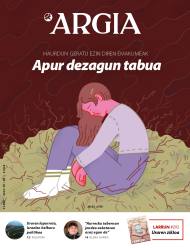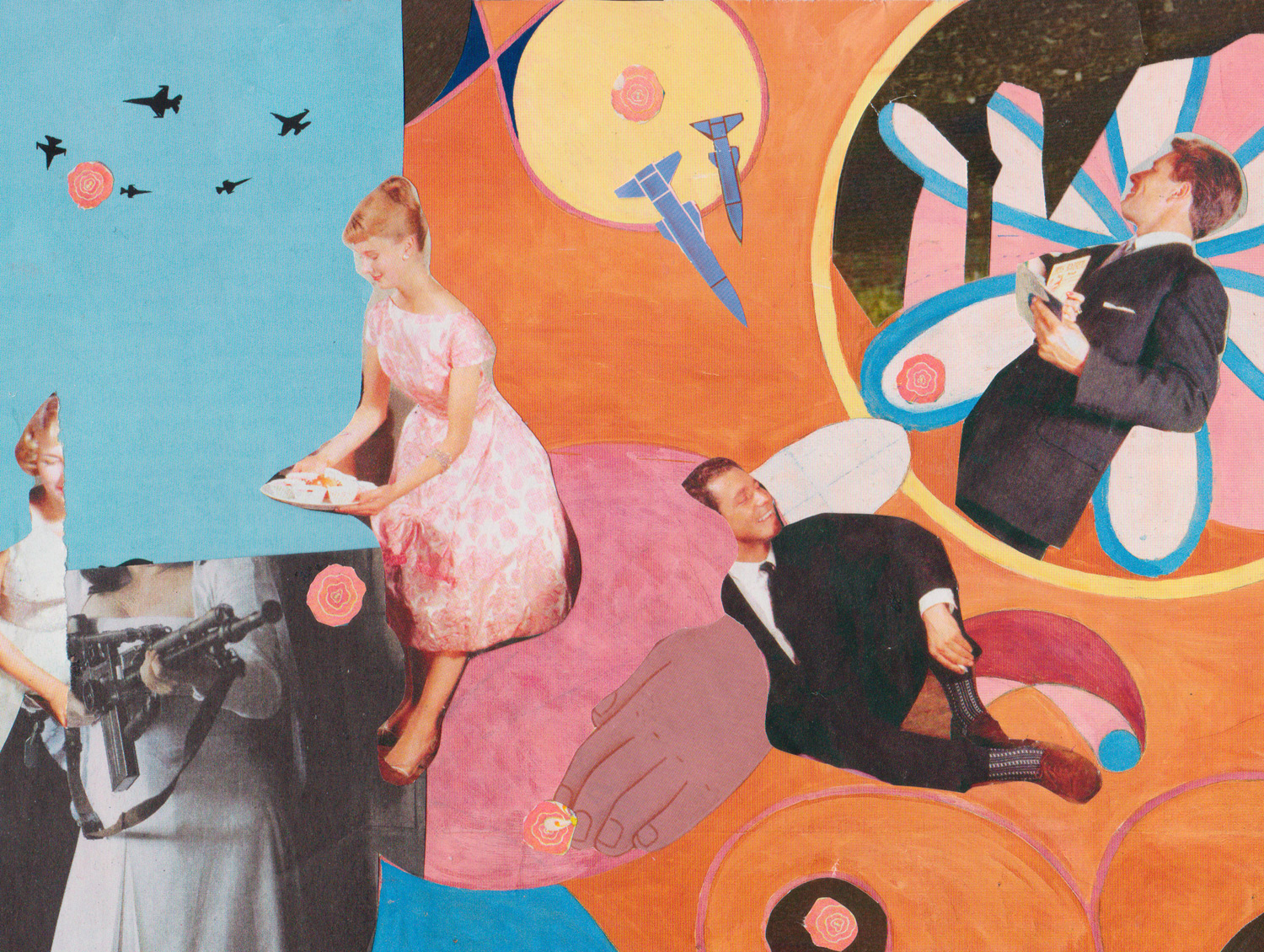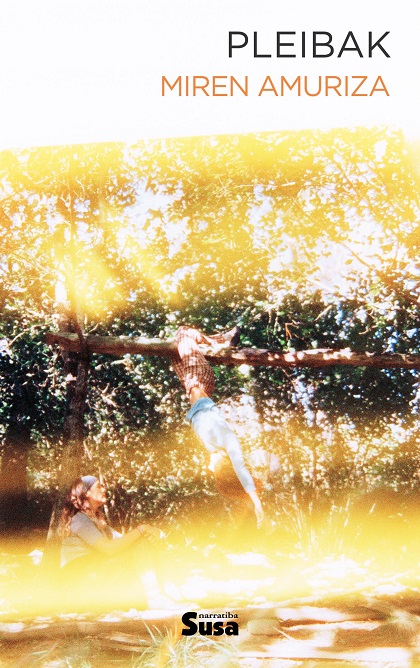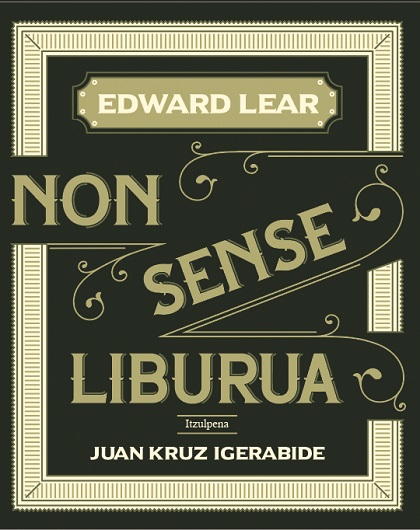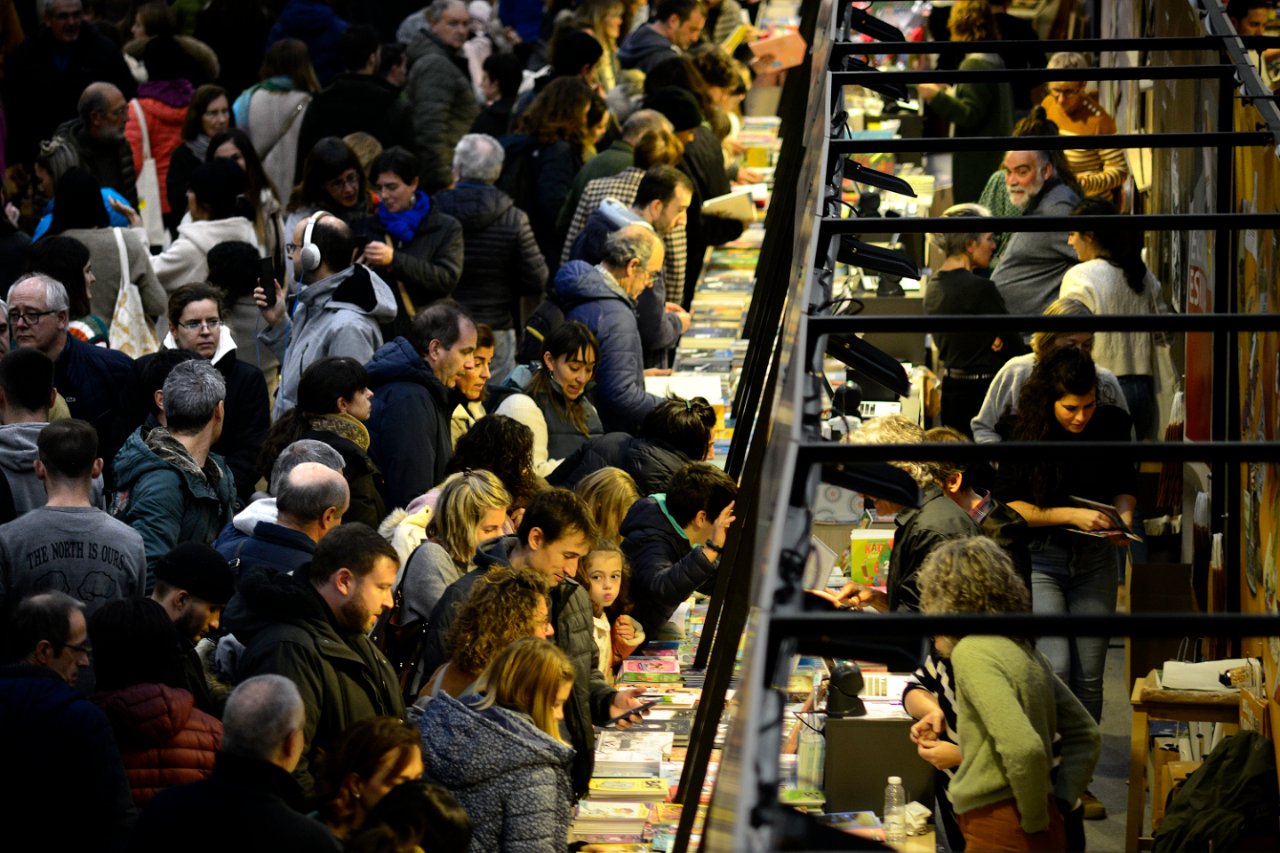Witness of the loneliness chosen: 'solitude'
- Literature: in the article of mirrors of loneliness and support to loneliness we saw how literature shows and sustains unchosen solitude. Literature: In the community support article we provide examples of books that talk about the value of the community to transform the soledad.En this third, and in principle with the intention of ending the issue, I would like to bring to these pages several books that tell us about the loneliness chosen.

I started a couple of years ago personal research on the subject of loneliness, when, despite being surrounded by people, I got the scars from feelings of loneliness. The situation was difficult to manage: uncomfortable emotions such as fear, not feeling loved or permanent doubt. Only when this feeling was reduced could I start an investigation on the subject. Since then I have kept reading materials that treat loneliness as a topic, and the two articles I wrote in ARGIA about loneliness would now be different.
One of the books that has changed this view is this: The empty room by Emily Whit. To memoir (Empty room. A memory). I think it's a basic book, a material that lies between the autobiography and the essay. The author who feels loneliness puts words and reflections on what happens to him, based on his own experience and united with the conclusions drawn from the readings. It intersects the personal narrative with the testimonies of other people and with the sociological reading, while we find data and theories on the theme, research advances and conclusions. The book is the result of this cocktail.
De lege Hemel (Pure Sky. A philosophy of loneliness), Marjan Bouwmeester's book is very different, it is compact and uses another type of reference. It doesn't read so quickly, but it's given me some clues to curing that research I started. At the beginning of the book he makes an interesting point: he refers to the distinction made by English to denominate loneliness, solitude and loneliness. On page 20 it says: “In the words of philosopher Paul Tillich expresses the glory that there are only words solitude, while loneliness expresses the pain of being alone.”
So far we
have talked about loneliness in these articles. But we will also talk about solitude and chosen solitude. Today I will start with a literary character that will be easily recognized by everyone. Let's see who you invent: it's derelict, chaotic, imaginative and brave. Nonconformist, rebellious and friend of his friends. It has many gold coins and is economically independent. Its strength is enormous and lives in the company of two animals, the monkey company and the horse, without parents. It's got a face full of freckles, it's red-haired and it's wearing colored suits. Of course, I am referring to the famous Pipi Galtzaluze.
Although he is not elected, and above all he speaks of melancholy about his father’s absence, loneliness is for him a solitude: glorious, full of emotion and possibilities. You'll tell me you have friends and the animals make you a good company. And yes, it is. But Pipi is aware of her loneliness and uses her to make her life. That is why it is capable of being what others do not expect, different and powerful.
Here are the following two books: Antxine Mendizabal “Ruthless Woman” and “Eyes on the Horizon” by Miren Agur Meabe. On the first one I wrote in more detail in the book review of the number 2700 of ARGIA, but the protagonist of this book that mixes poetry and illustration is immersed in an interior journey. He travels only to connect with his interior and thus build his personality away from social impositions. For the protagonist, loneliness is a choice that provides the space and time needed to feel full.
On the second, what to say. The book written by Miren Agur Meabe and illustrated by Ane Pikaza is a treasure. In this case, poetry and image are also mixed offering a complete sensory reading. We will meet the only character: the protagonist. The character is part of a situation known to an unknown reality and has to take quite a few steps without wanting, besides alone. Although the first episodes are darker, it is the story of a path in search of light. Meabe makes admirable use of language, and with word games, poem tones or word choices, he intuitively shows us the path to the horizon. The figures on the face also offer an interior map with colors and symbols. Loneliness is the perfect excuse for searching inside this book.
In May Sarton’s Journal of a
solitude, we will find words from someone who has chosen Soledad to reflect on several quotes. The principle says: “I’m going to start here. It rains. From the window I see maple, some of the leaves have become yellowish, and I hear talk only Punch, parrot. The rain collects gently in the window. Long ago, for the first time here I'm alone to start 'real' life. That's amazing: neither friends, nor burning loves, are my real life if I don't have time to explore what's going on or what's happened. Life would be very dry, without those breaks that feed us and madden us, but only when I am here alone I am able to savor life as a whole, and the house and I start the conversations.”
It clearly shows that loneliness constitutes his life. Isolation gives him time and space to give meaning to his life, the opportunity to look and reflect on internal conflicts, to be with himself.
When I thought about a series of articles about loneliness, it was clear that this would be the last. I first felt the need to show the painful aspects of loneliness and individualism, trying to get away from the card. And because it made sense for me to follow the order in my experience of loneliness. But I wanted to accommodate the loneliness that we have called solitude and the chosen soleties. Because, as we've seen, literature also gathers this experience and because enjoying loneliness can be beautiful for what I've learned along this path.
In the journal Berria on January 4, Maixa Utrera Puelles received the opinion and the view of several experts. Experts talk about the dangers of idealizing loneliness. But they also say that a practice is needed to know each other and make changes: “Aritzeta has focused on introspection and the search for the self: ‘If you want to learn to be alone, you must identify and love the treasures and mysteries inside. And, paradoxically, your ability to be with others and be happy will grow.”
So let's start 2024 in the beautiful company: the company of others, or the company of ourselves.
The column starts with a discussion that seems absurd to the naked eye: 2024 if it was one of our literary numbers, how would you call it?
If you don't find answers, spend half an hour on this year's experiences; first access Instagram files and go to Twitter when they are... [+]
I don't want people who don't know how to share the umbrella. I don't love the people who walk too fast when it's not me, nor the ones who walk too slowly (well, that's a little, but only a little). I don't like people sitting in the hallway seat on the bus. I don't like reckless... [+]
PLEIBAK
Miren Amuriza Plaza
Susa, 2024
--------------------------------------------------
Susa has published Miren Amuriza's second novel in the atrium of the Durango Fair: Plead. It's plebiscites because you're singing about an earlier recording. Berria includes the... [+]
Book Non sense
Edward Lear
Translation: Juan Kruz Igerabide
Denonartean, 2024
----------------------------------------------
The writer and illustrator Edward Lear published this work in 1846. As Igerabide says in the prologue of the book, “nonsense humor, absurd... [+]
Entrepreneurship is fashionable. The concept has gained strength and has spread far beyond economic vocabulary. Just do it: do it no more. But let us not forget: the slogan comes from the propaganda world. Is the disguise of the word being active buyers? Today's entrepreneurs are... [+]
Hetero
Uxue Alberdi
Susa, 2024
----------------------------------------------------
In the era of negationism, the manosphere and trolls, the contribution of literature is essential, because it is an exceptional instrument to look at the folds of reality: the situations... [+]
Guardasola wants rain
Patxi Zubizarreta
Illustrations: Irrimarra
Ibaizabal, 2024
---------------------------------------------
30 years ago Patxi Zubizarreta published the book Marigoringoak hegan; J. M. Illustrated by Lavarello and by the hand of the Catalan publisher... [+]
Eyes on the horizon
Writer: Illustrator Miren Agur
Meabe: Ane Pikaza
Elkar, 2020
-------------------------------------------------------
Miren Agur Meabe has published several texts and books. He's worked with all the literary genres: children's and youth literature,... [+]
They're one of the most beautiful memories I have in my heart. At the time I was doing Basque Philology and we went to a society in Arbizu to a concert by Ruper Ordorika. There were Rikardo Arrangi Diaz of Heredia and Juanjo Olasgrip. I didn't dare to tell Arrangi that I had in my... [+]









